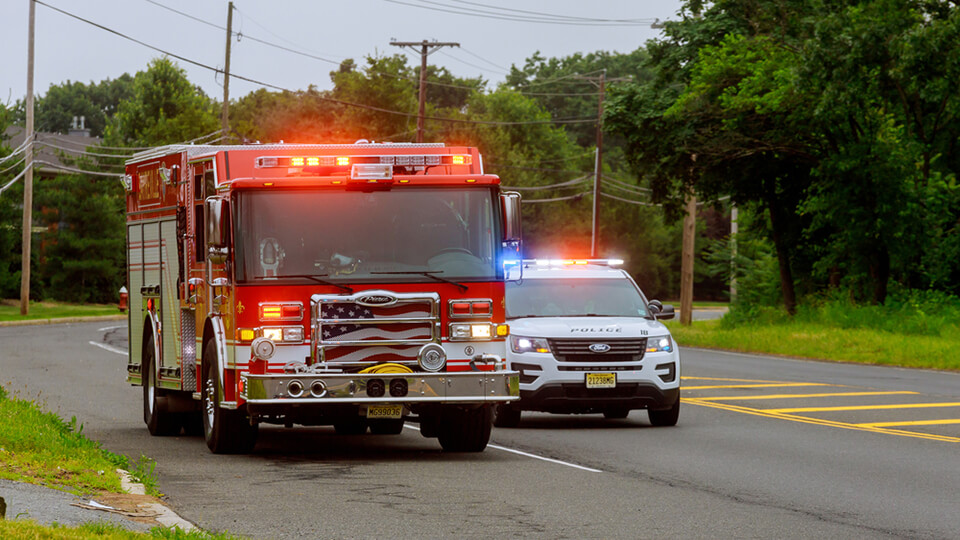Understanding the Heart Bill: Firefighters and Law Enforcement Workers’ Compensation in Georgia
The Importance of Workers’ Compensation for Firefighters and Law Enforcement
Firefighters and law enforcement personnel are the unsung heroes who keep our communities safe, often putting their lives on the line in the face of danger. These high-risk professions demand specialized workers’ compensation benefits that recognize and address the unique challenges they face.
Introduction to the Heart and Lung Bill in Georgia
Within Georgia’s legal landscape, the Heart and Lung Bill stands as a remarkable piece of legislation designed to provide specific support to firefighters and law enforcement personnel. Under this bill, the state offers unique workers’ compensation benefits tailored to address the distinct health risks encountered by these brave individuals.
Eligibility for Heart and Lung Bill Benefits
Firefighters are among the primary beneficiaries of the Heart and Lung Bill in Georgia. To qualify for its benefits, firefighters must meet specific eligibility criteria and provide evidence of the health conditions that fall under the scope of the legislation. The coverage encompasses heart, lung, and respiratory diseases that are prevalent among firefighters due to the nature of their work.
Law Enforcement Officers Covered under the Heart and Lung Bill
Law enforcement personnel, including police officers and sheriff’s deputies, are also eligible for the benefits provided by the Heart and Lung Bill. Similar to firefighters, law enforcement officers must satisfy specific criteria to access the unique coverage offered. The bill recognizes health conditions directly associated with their job duties and offers provisions accordingly.
Unique Benefits Offered under the Heart and Lung Bill
The Heart and Lung Bill introduces enhanced wage and medical benefits for eligible firefighters and law enforcement personnel. It exempts them from the standard waiting period associated with workers’ compensation claims, ensuring prompt access to medical treatment and lost wage compensation. This provision contributes to a more streamlined and timely process when filing claims.
Challenges and Limitations of the Heart and Lung Bill
While the Heart and Lung Bill serves as a valuable safety net for firefighters and law enforcement personnel, it does not come without its challenges and limitations. Firefighters and law enforcement officers may face obstacles when establishing medical proof and causation, leading to potential disputes and appeals. These challenges highlight the importance of knowledgeable legal representation during the claims process.

Understanding the Claims Process
To benefit from the Heart and Lung Bill, individuals must navigate the intricate claims process associated with workers’ compensation. This process necessitates meeting reporting requirements and adhering to specific timelines. Medical evidence and expert opinions play a crucial role in substantiating claims, emphasizing the need for comprehensive documentation.
Legal Support for Heart and Lung Bill Claims
Seeking legal representation is vital for firefighters and law enforcement personnel when pursuing Heart and Lung Bill claims. Attorneys experienced in workers’ compensation laws can guide them through the complexities of the legal system, ensuring their rights are protected and advocating for the benefits they deserve. Skilled lawyers provide valuable support when claims are challenged or initially denied.
Recent Developments and Legislative Updates
The Heart and Lung Bill in Georgia has not remained stagnant. Recent amendments have expanded coverage and benefits, taking into account the evolving needs of firefighters and law enforcement personnel. The result is a more encompassing framework that better serves the community’s brave defenders.
Resources and Support for Firefighters and Law Enforcement Personnel
Various organizations and assistance programs support firefighters and law enforcement personnel in understanding their rights under the Heart and Lung Bill. These entities offer valuable information and advocacy services, addressing issues surrounding benefits and ensuring the wellbeing of these essential community members. Additionally, mental health support and wellness programs play a vital role in supporting the overall wellbeing of these individuals.
In conclusion, the Heart and Lung Bill in Georgia provides a vital safety net for firefighters and law enforcement personnel, recognizing the significant health risks they face. Understanding the eligibility, benefits, and challenges associated with this legislation is crucial in ensuring these brave individuals receive the workers’ compensation they deserve.
